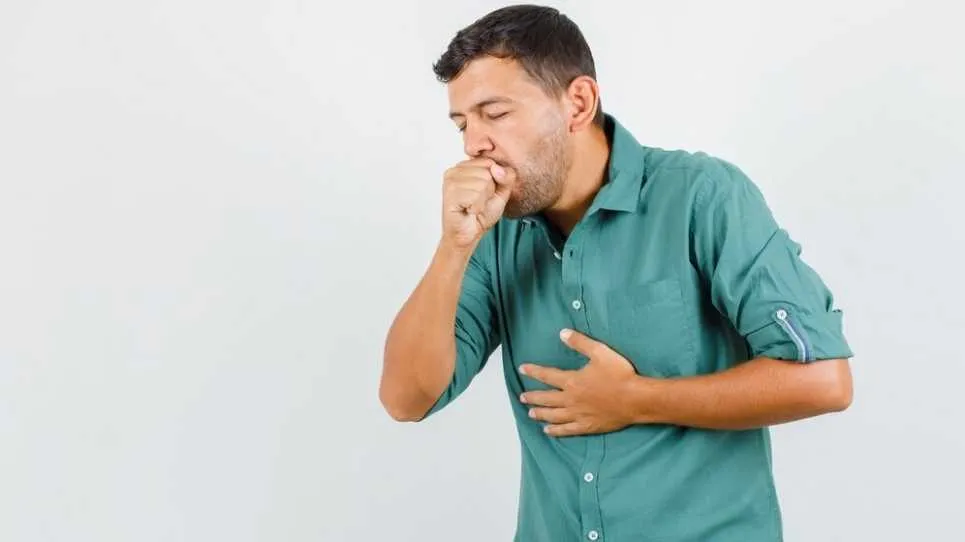Learn how to get rid of a cough quickly and safely

Coughing is a natural reflex that helps to clear the airways of mucus, irritants, and foreign objects. However, a persistent cough can be annoying and disruptive. In some cases, it can even be a sign of a serious underlying medical condition.
If you’re looking for ways to stop coughing, there are a few things you can do. In this blog post, we’ll discuss nine effective tips for getting rid of a cough quickly and safely.
What is a cough?
A cough is a sudden, forceful expulsion of air from the lungs. It is caused by irritation or inflammation of the airways. Coughs can be caused by a variety of things, including:
- Respiratory infections, such as the common cold, flu, or pneumonia
- Allergies
- Asthma
- Gastroesophageal reflux disease (GERD)
- Stomach acid irritation
- Medications
- Environmental irritants, such as smoke or dust
Why is it important to stop coughing?
In most cases, a cough is harmless and will go away on its own within a few days. However, in some cases, a cough can be a sign of a serious underlying medical condition. If you have a cough that is severe, persistent, or accompanied by other symptoms, such as fever, shortness of breath, or chest pain, it is important to see a doctor.
How to stop coughing
There are a number of things you can do to help stop coughing. Here are 7 effective tips:
- Drink plenty of fluids. Fluids help to loosen mucus and make it easier to cough up.
- Get plenty of rest. Rest helps your body to heal and fight off infection.
- Use a humidifier or take a hot shower. Humid air can help to loosen mucus and make it easier to cough up.
- Take over-the-counter cough suppressants or pain relievers. Cough suppressants can help to reduce the frequency and intensity of coughing. Pain relievers can help to relieve pain and discomfort associated with coughing.
- Use a saline nasal spray or rinse. Saline nasal sprays or rinses can help to clear mucus from the nasal passages, which can help to reduce coughing.
- Avoid irritants. If you are allergic to something, avoid exposure to it. If you think your cough is caused by smoke or dust, try to avoid these irritants.
- Try home remedies. There are a number of home remedies that can help to relieve coughing. These remedies include:
- Echinacea: Echinacea is a natural herb that has been shown to boost the immune system and help to fight off infection.
- Ginger: Ginger is a natural anti-inflammatory that can help to reduce inflammation in the airways.
- Honey: Honey is a natural cough suppressant that can help to soothe a sore throat.
Conclusions
In most cases, a cough will go away on its own within a few days. However, if you have a cough that is severe, persistent, or accompanied by other symptoms, it is important to see a doctor.
Recommendations
If you are looking for additional information on how to stop coughing, here are a few resources:
- The American Lung Association
- The National Institutes of Health
- The Mayo Clinic
Find this and many more knowledge guides on Monkicon